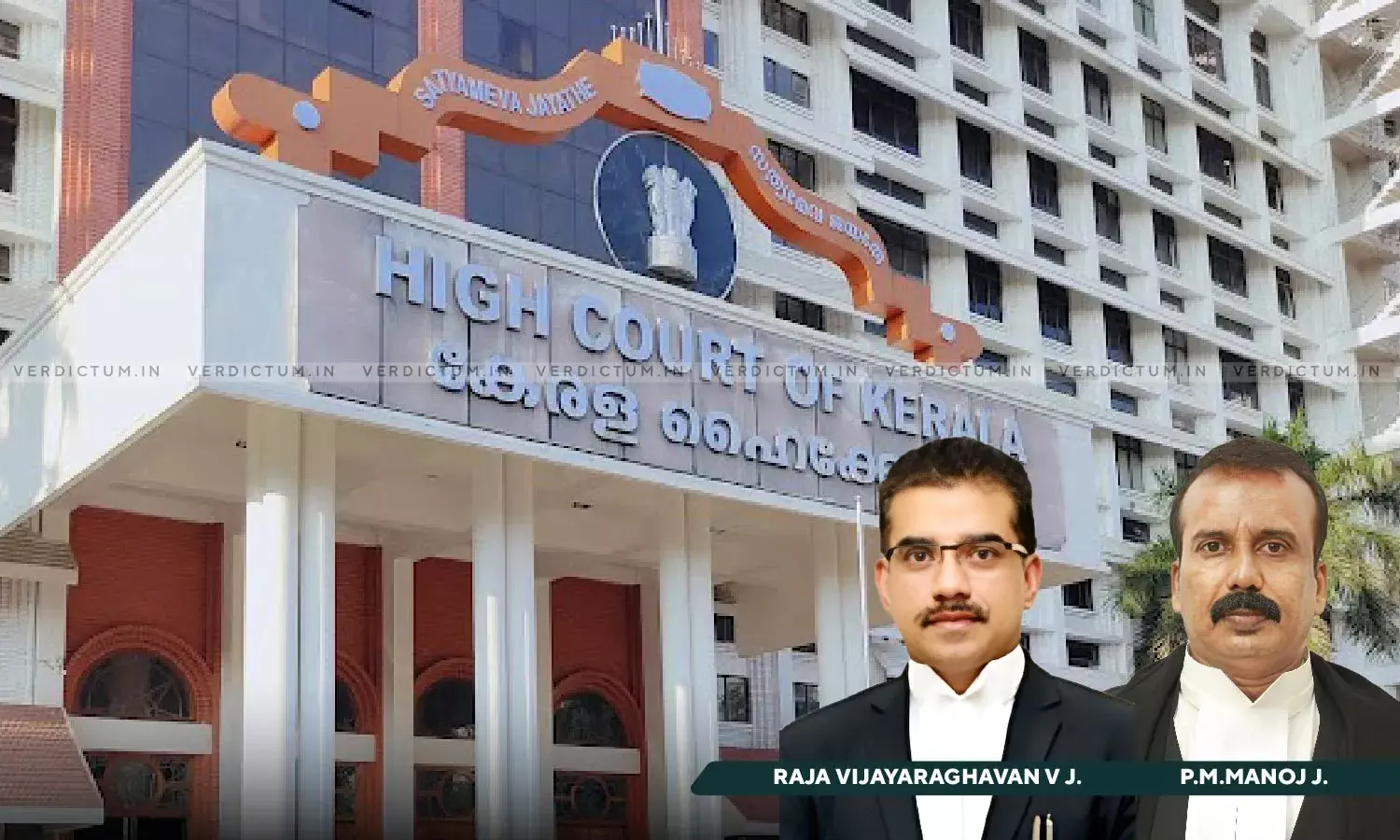A Man Cannot Challenge Paternity Of Child When His Conduct Suggests Otherwise: Kerala HC Invokes Doctrine Of Paternity By Estoppel
The Kerala High Court, in a recent case, applied the principle that a man cannot challenge the paternity of a child when his conduct suggests otherwise.
The judgment came in response to a petition filed by a man seeking a declaration that he was not the father of a minor child.
The petitioner had approached the Family Court in 2022, requesting a DNA test to determine the paternity of the child, citing reasonable suspicion. However, the Family Court dismissed his plea after discovering that the petitioner had previously entered into an agreement with the child's mother, acknowledging paternity. Undeterred, the petitioner approached the High Court under Article 227, seeking to contest the paternity issue.
The Division Bench of Justice Raja Vijayaraghavan V and Justice P. M Manoj invoked the doctrine of Paternity by Estoppel, drawing parallels with a precedent set by the Pennsylvania Supreme Court. According to this doctrine, a man cannot deny a child's parentage if he has held himself out to be the child's father through his conduct.
"Applying the doctrine of Paternity by Estoppel, which is based on the concept of equitable estoppel, it was held that once a man, by his conduct, has held out to be a child’s father, he will not be permitted to deny the child’s parentage," the Bench observed.
The Court further emphasized the importance of maintaining familial relationships, citing Article 8 of the Convention on the Rights of the Child. It highlighted the psychological impact on a child who discovers that a person who has acted as their parent is not their biological father. Referring to a precedent established in Aparna Ajinkya Firodia v Ajinkya Arun Firodia (2023), the Court stressed the need to uphold long-accepted notions of a child's parentage.
The case involved a complex history, where the child's mother, employed as a teacher in a school owned by the petitioner, alleged rape by him on multiple occasions. Despite filing a complaint under Section 376 of the IPC in 2013, the parties reached a settlement wherein the petitioner agreed to pay maintenance, and the mother dropped all charges. Subsequently, the petitioner was acquitted of the rape charges based on this agreement.
The child, represented by a guardian, later filed a maintenance application before the Family Court, seeking a paternity test, which the petitioner opposed. The Family Court issued an ex parte order in 2016, directing the petitioner to pay maintenance to the child from 2014 onwards and granting visitation rights. Despite these arrangements, the petitioner filed a fresh petition in 2022, challenging the child's paternity.
Upon reviewing the facts, the Court concluded that the petitioner had concealed material information. It ruled that the petitioner's actions over the years, including paying maintenance and exercising visitation rights, prevented him from contesting paternity. Therefore, the Court upheld the Family Court's decision to deny the petitioner's request for a paternity test and dismissed the petition accordingly.
"We are satisfied that the order passed by the Family Court is reasonable and does not warrant any interference. This petition is dismissed," the Bench ordered.
Cause Title: A. J. Stephen v. Rosemariya
Appearance:-
Petitioner: Advocates M Sasindran, Satheeshan Alakkadan
Respondent: Advocates Athul Babu, Pranoy K Kottaram
Click here to read/download the Judgment




